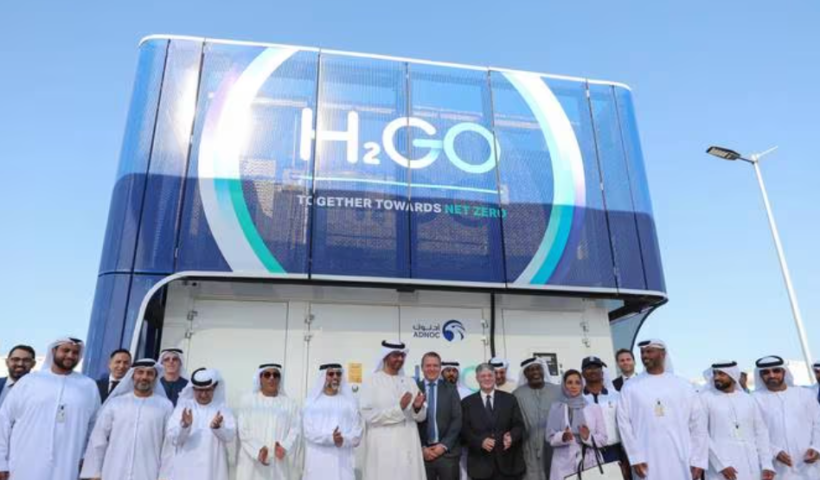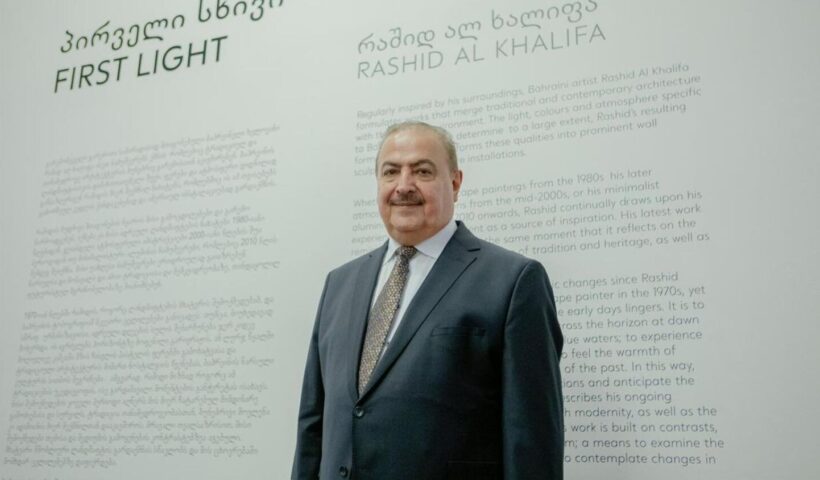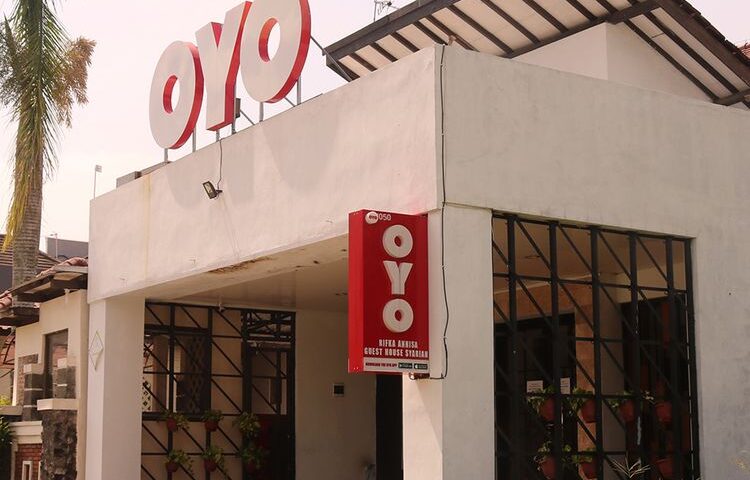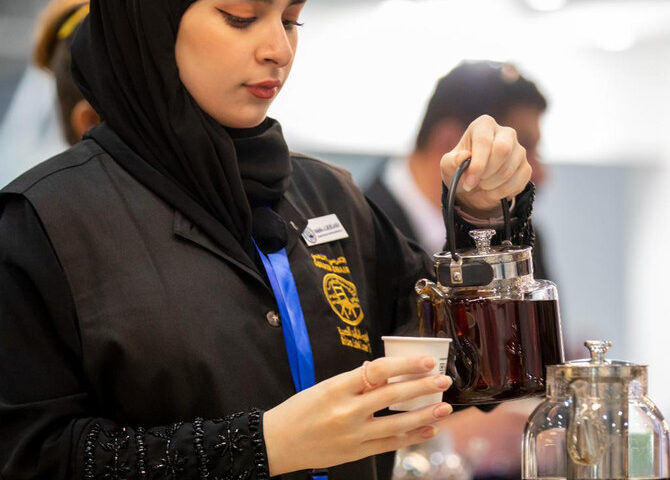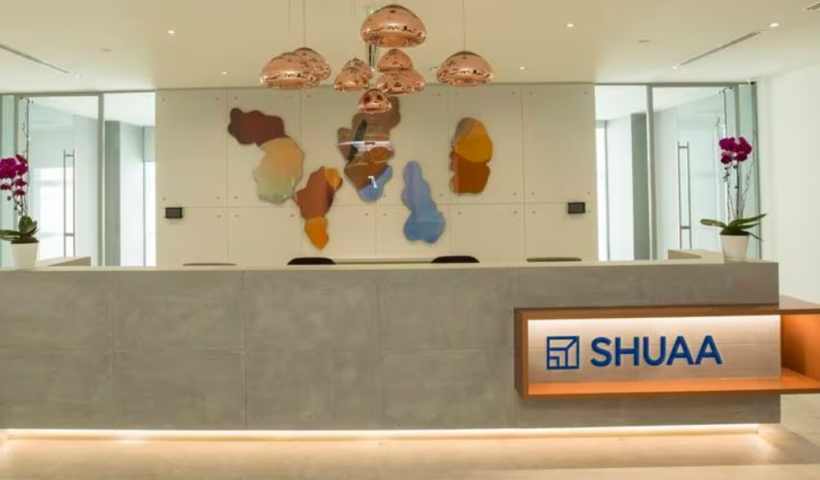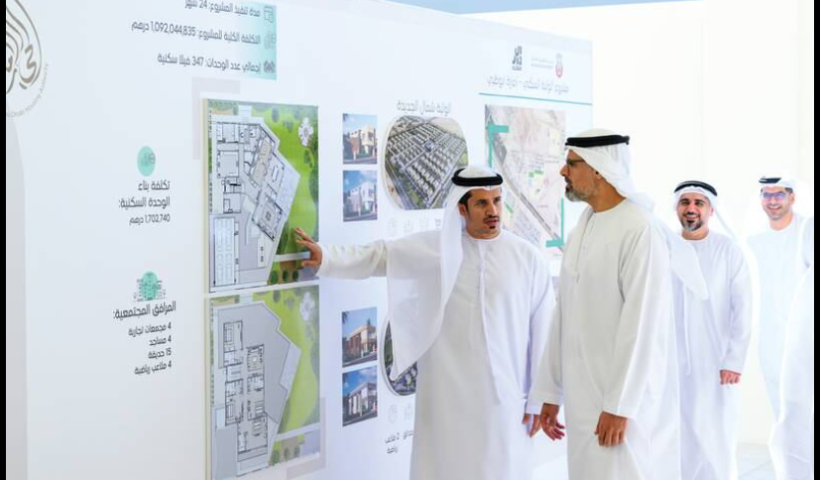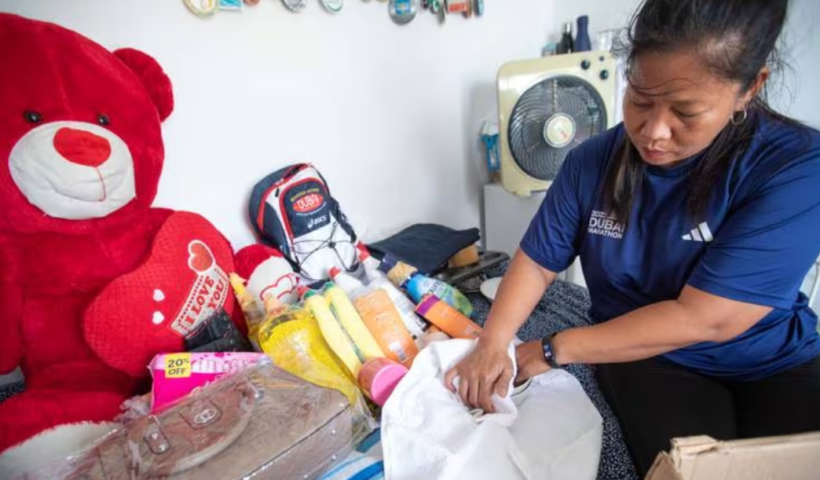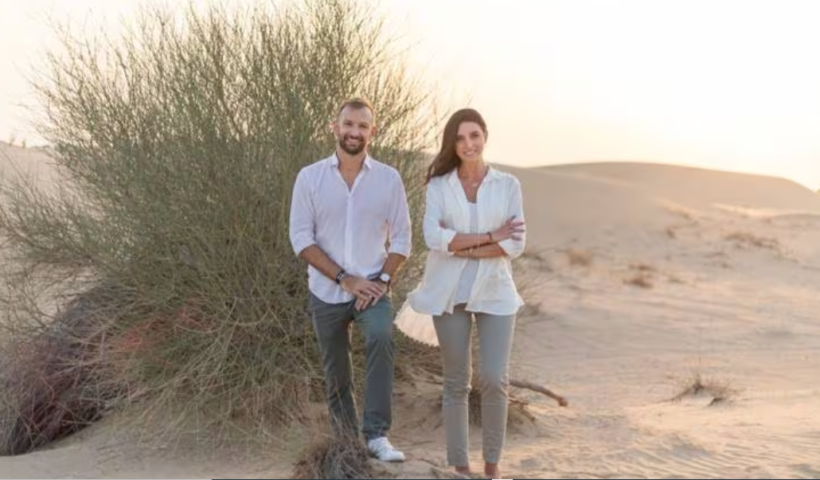Envi Lodges is a luxury eco-pod operator based in the United Arab Emirates. It caters to environmentally conscious tourists who wish to minimize their environmental impact while enjoying a vacation in the middle of nature and meaningfully connecting with local communities.
Co-founders Noelle Homsy and Chris Nader launched the company in September 2021 after realizing that the Covid-19 pandemic had altered people’s travel patterns.
Many travelers are increasingly seeking out new experiences and learning about the countries they are visiting, rather than fleeing the boring routine of everyday life to stay at opulent hotels in far-off places or the typical tourist destinations.
Ms. Homsy observed that “eco-lodges are very well integrated in the communities and the environment, they aren’t just parachuted hotels in the middle of nature” while visiting South-East Asia as a graduate student.
“Instead of dividing visitors who are willing to spend money from the less fortunate locals, I felt there was a way to combine tourism with genuine communities,” she says.
The co-founders wanted to close a gap in the market by offering upscale lodging that lessens the impact of traveler trips on the environment.
According to Ms. Homsy, this is founded on the company’s seven sustainability pillars, which include protecting wildlife, using resources wisely, and assisting local communities.
Beyond Green, a coalition of environmentally conscious hotels, resorts, and lodges, has also certified Envi Lodges after reviewing the company’s sustainability policies.
According to its website, every two years, members of Beyond Green are evaluated on-site using more than 50 sustainability indicators.
These include adopting eco-friendly practices on the property, safeguarding the area’s natural and cultural heritage, and putting the social and economic welfare of the community first.
“My goal with Chris is to steer the Middle East’s hospitality and tourism sector toward sustainability and responsible travel,” she explains. “We had a larger goal in mind.”
“Saudi Arabia is leading the way in regenerative tourism, but we wanted to be involved as a company and as individuals when we saw the need for it.”
According to the World Travel and Tourism Council (WTTC), the travel and tourism industry is heavily reliant on nature, and the climate crisis threatens not only essential resources but also the survival of some of the planet’s most popular tourist destinations.
According to data from The Environmental Impact of Global Tourism report by the WTTC and Saudi Arabia’s Ministry of Tourism, between 2010 and 2019, absolute greenhouse gas emissions from the sector increased at an average rate of 2.5 percent a year, or roughly 8.1 percent of global emissions.
It stated, “It is a tremendous challenge that both our sector and global policymakers must take seriously.”
But during that same time, there has been a loosening of the connection between the sector’s growth and its carbon footprint. According to the report, between 2010 and 2019, the sector’s gross domestic product grew at an average annual rate of 4.3%, while emissions increased by 2.5%.
According to its website, Envi Lodges has agreements in place to manage and operate projects that are slated to open in 2024 and 2025 in Saudi Arabia, Oman, Zanzibar, and Costa Rica.
The company made its first venture into the sultanate in October when it collaborated with the Ministry of Defence Pension Fund of Oman to build a sustainable mountain lodge on Al Jabel Al Akhdar.
Tenthouse Structure, a South African architect of camping tents, created the 40 opulent expedition tents that overlook the Hajar Mountain range at Envi Al Jabel Al Akhdar, which is scheduled to open in 2025.
According to Ms. Homsy, the start-up’s market research has revealed three distinct target customer types based on their travel-related mindsets.
The first category consists of thrill-seekers who long for the exhilarating rush of activities like zip-lining and hiking. Those seeking spiritual experiences and well-being make up the second group. The third group consists of explorers who want to experience agritourism, explore the art scene, take cooking classes, or learn about local cultures.
Although the company’s projects are still in the early stages of development, Ms. Homsy says the preliminary research on demand is encouraging.
Globally, the demand for eco-lodges is rising. It’s the future of leisure travel, according to some,” she says.
Individual and family office investors are particularly interested in “impact investments,” or green projects, which offer both a “higher purpose”—such as sustainability objectives—and substantial financial returns.
She explains, “These investors are long-term investors; their diligence indicates that demand is high.”
When asked if the conflict between Israel and Gaza has affected the desire for investment in the area, Ms. Homsy responds that although stability is necessary to increase tourism, management agreements for hospitality projects typically last 20 to 30 years.
According to Ms. Homsy, Envi Lodges is negotiating a number of new contracts to join markets in the Middle East, Africa, Europe, and Latin America.
“We are nearing the end, but they haven’t signed yet. Before the year ends, we may sign one or two more,” she says.
The start-up is looking for a third round of funding to support its expansion, according to Ms. Homsy, who would not disclose the sum. It has already brought in $2 million.
In order to raise the money required to construct the projects that will enable Envi Lodges to run, the company has also partnered with funding managers and developers.
According to Ms. Homsy, it is doing so by facilitating funding from strategic partners like government agencies and public institutions in order to build a portfolio of lodges in different markets like Saudi Arabia and France.
The co-founder estimates that in the next year or two, more than $150 million will be raised for these projects.
“We have a project on every continent and aim to become a global brand in the next five years,” Ms. Homsy states.

